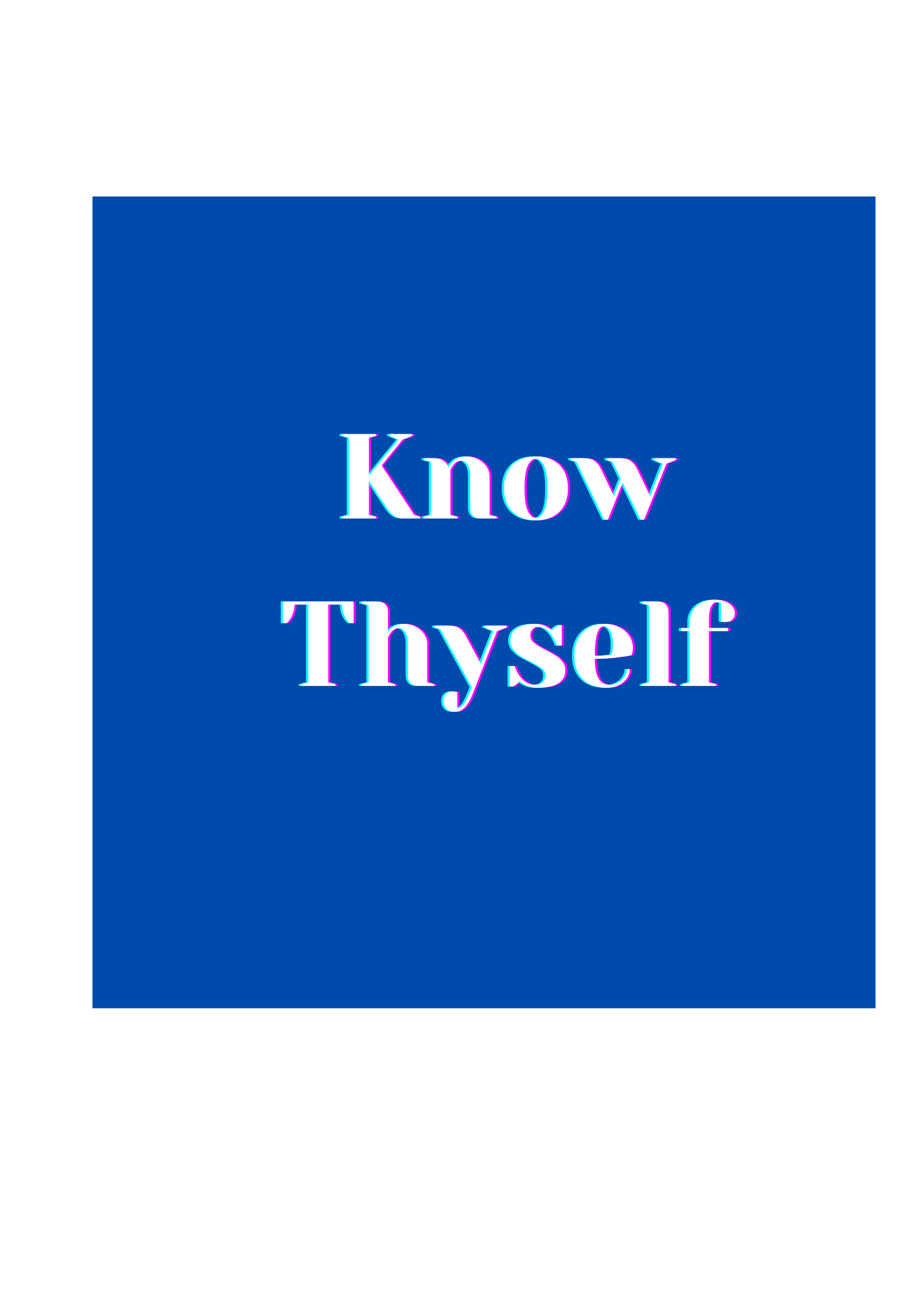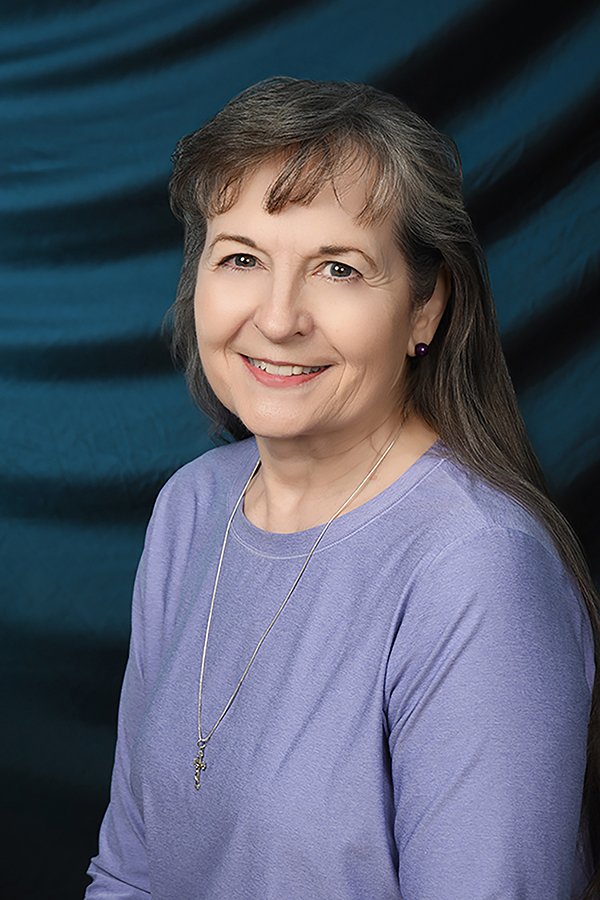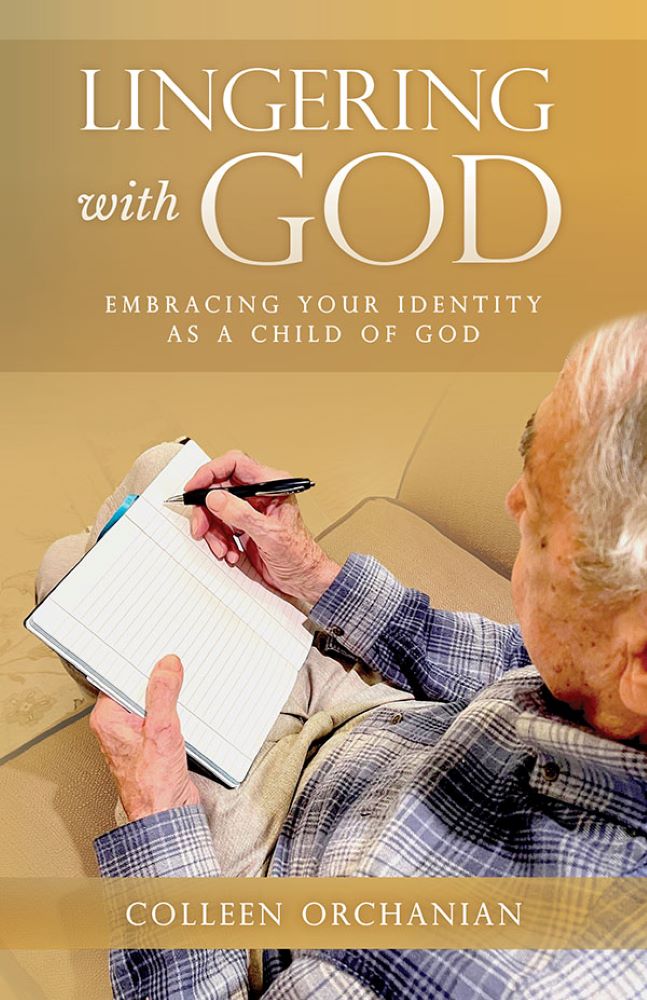Know Thyself
 We once had a silky terrier named Caesar and a Doberman named Brutus. Caesar weight about 12 pounds and Brutus weighed much more. Caesar did not know he was a little dog. He thought he could take on Brutus, but that didn’t work out so well. Caesar did not have self-knowledge. But then, he was a dog, so that’s to be expected.
We once had a silky terrier named Caesar and a Doberman named Brutus. Caesar weight about 12 pounds and Brutus weighed much more. Caesar did not know he was a little dog. He thought he could take on Brutus, but that didn’t work out so well. Caesar did not have self-knowledge. But then, he was a dog, so that’s to be expected.
We humans are a different story. We need self-knowledge to grow. St. Augustine said, "Self-knowledge is the crucial first step towards knowledge of God." So if I want to know God, I must first know myself.
One of the great barriers to self-awareness is self-deception. Self-deception is when I do not seeing myself as I really am. There are two extremes of self-deception:
Self-loathing: seeing self as less than reality. I am useless and can never do anything right.
Egotism: seeing self as more than reality. I am the greatest thing since sliced white!
As we grow in self-knowledge, we are less likely to be at one of those extremes.
So how do we do that? How do we grow in self-knowledge and avoid the extremes? We consider different aspects of who we are. Here are seven specific areas that we can explore.
- Gifts. Each of us has been given gifts and a purpose for our life that requires us to use those gifts. Those at the extreme of self-loathing have trouble seeing their own value – their own gifts. Those at the extreme of egotism think too highly of their gifts and make those gifts all about themselves. When I recognize my gifts and ackowledge their source – God – I can better discern how God wants me to use those gifts.
- Attachments. Those are the things of this world that are more important to me than God. It could be work, sleep, a hobby, a person, our material goods/our stuff or any number of other things. If I am at one of the extremes – self-loathing or egotism – my attachments become very important, like a security blanket. We put our faith in them. Matthew 6:19-20 tells us to “store up treasures in heaven not on earth.” As I grow in self-knowledge, I am better able to identify my attachments to those things that have become more important than my response to God and my love for others.
- Sins. 1 John 1:8 says “If you say you are without sin you are a liar.” The Letter to the Romans says that “All have sinned and fall short of the glory of God.” Self-knowledge includes learning where I am most likely to fall. Self-loathing finds sin where it doesn’t exist. Egotism denies that there is any sin. Both extremes keep us from knowing God. Each of us has a root sin, one that leads to most of our other sins. Think about the seven deadly sins: pride/vainglory, gluttony, greed/avarice, envy, lust, sloth/spiritual laziness, and anger. Which one is your root sin? Which is the source of the rest of your sins? Pondering those questions will help you grow in self-knowledge and is the beginning of conquering that root sin.
- Vulnerablities. 1 Peter 5:8 says: Your enemy the devil is prowling about looking for someone to devour. It’s important to know our own weaknesses – where the enemy can successfully attack. We are attacked every day. He tries to damage relationships, disturb our peace, and harm our trust in God. It’s good to consider each day the attacks you have faced so you can begin to strengthen those areas of your life; so you are not such easy prey.
- Spiritual Progress. In Matthew 7:21-23 Jesus says: “Not all who say Lord Lord will enter the Kingdom of Heaven.” I should be continually making progress in my spiritual life, in my relationship with God. So the question to ask is “What progress have I made? When am I spiritually lazy?” With this self-knowledge, we can overcome that spiritual laziness and continue to grow.
- Relationships. It’s helpful to know the nature of my personal relationships. Are they transactional, meaning I expect a return on my investment of time? Am I able to be authentic – to be myself – with the people in my life? If not, why not? Who am I most annoyed by, and how am I like that person? Often times we have the same fault as the person who is most difficult for us. Self-awareness of how my relationships are working and why can help me grow in holiness, which means I’m growing closer to God.
- Walking on Water. This area is about our fears. Do I respond when God asks me to get out of the boat? If not, what fear holds me back. Jesus said that perfect love casts out fear, so where is my love lacking?
When I look at those areas of my life and am honest about who I am and what I struggle with, I can begin to overcome my faults. When I acknowledge my strengths, I begin to praise God for them.
The path to self-knowledge is not difficult. It only requires a desire to see yourself as God sees you. Here are two ways to gain that perspective:
- Sit in silence with God. Take time with God each day. Contemplate His laws, His miracles, His healings, His teachings. Ask for insight. Where do I need to be healed? What teachings am I resisiting? What is it about myself that I am blind to?
- Focused Daily Examen. An Examen is regular review of your day. The traditional approach is to review in terms of movements of God, spiritual attacks, and faults/sins. A focused Examen hones in on a particular issue like fears or a virtue or a spiritual practice. You review your day considering just that particular issue and try to draw insights from it.
So let’s imagine that you’re going down this path of self-knowledge and you find something out about yourself that is not too flattering. It happens. That is hard for me. I don’t like to see my mistakes, to admit a weakness. When confronted with a hard truth about myself, my natural defenses come out. I can resist that truth in many ways:
- Attack: Someone points out one of your faults and you respond with: What about you? You think you’re perfect?
- Deny: That’s not true. I am not that way.
- Change the subject: Hey – did you see that movie last night?
- Minimize: It’s no big deal. It’s just a little white lie.
- Blame others: When Eve was asked about the apple, she told God “The serpent tricked me.” Adam’s excuse was even better, “The woman you gave me did it.”
- Rationalize: I had a good reason. This is an exception.
- Laugh it off: I’m Irish. What can I say.
When I resist, no action is taken to overcome the weakness because I don’t see the weakness as a problem. The result is that I will not grow from this new information about myself and, therefore, cannot grow in knowledge of God.
Instead of resisting, a better option is to repent like King David, who said, Have mercy on me, a sinner. (Psalm 51) That is the beginning of change, of acknowledging our strengths and weaknesses.
As we grow in self-knowledge, we move away from the extremes of self-loathing and egotism. God is in the middle, where we see our lowliness and God’s love for us at the same time. Here’s what that might look like, what we might come to know with certainty:
- We ARE wretched sinners loved by God. Self-loathing focuses on the first part and egotism on the second, but both are true. God still loves me, even in my sin, although he doesn’t want me to remain in my sin. That is a truth about who I am.
- We ARE children of the King. I am proud to be the child of my parents. It gives me a sense of responsibility to live up to their reputation. The same is true if we see ourselves as God’s children. We have a responsibility to live up to His name. My value comes in my association with Him. That is a truth about who I am.
- We ARE called and given gifts. Self-loathing keeps me from recognizing my gifts and realizing that I have been called to a purpose in this life. Egotism leads to vainglory – taking the glory for myself rather than attributing it to God. In between those two I recognize my gifts and use them to serve God. That is a truth about who I am.
- We ARE weak and useless without God. But with God we can do all things. Self-loathing keeps me from acting on faith. Egotism thinks I can do it without God. The truth is in between. I am weak and useless without God. That is a truth about who I am.
- We ARE brothers and sisters called to love. It’s not about us. We are responsible for each other. Self-loathing may keep us from building relationships with others. Egotism leads to thinking we are better than others. The truth is in between – we need each other and are called to serve. That is a truth about who I am.
Self-knowledge comes from a desire to see myself as God sees me – warts and all. When I allow God to show me myself – good, bad and ugly – I grow in self-knowledge, which is the beginning of holiness, humility, charity, and gratitude.
God knows us better than we know ourselves. Our desire should be to shine God’s light in our life so that we can see ourselves as we really are. Then we can become saints!
Questions for prayer:
- Which of the seven areas of self-knowledge should I begin to explore? How will I do that?
- When I hear a hard truth about myself, what is my first reaction? Do I resist? How can I overcome that resistance?

